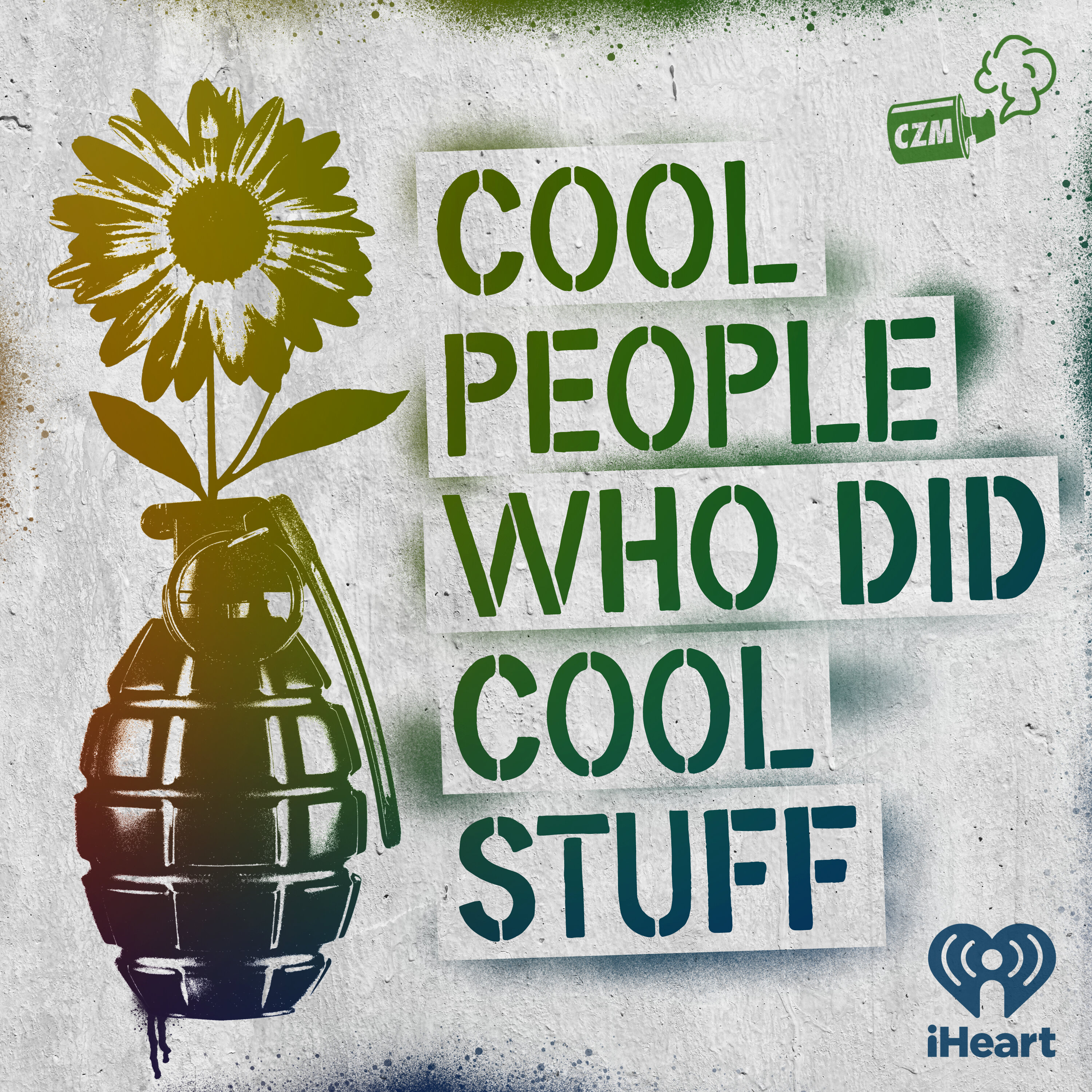
CZM Rewind: Part Two: The Armed Nonviolent Civil Rights Movement

Cool People Who Did Cool Stuff
Deep Dive
Why did the NAACP chapter in Monroe, North Carolina, form a chapter of the NRA?
The NAACP chapter in Monroe formed a chapter of the NRA, called the Monroe Rifle Club or Black Guards, to protect themselves and their community from Klan violence. They wrote to the NRA to officially affiliate, making it a unique instance where the NRA was involved in defending Black people.
What was the significance of the armed black veterans during the civil rights movement?
Armed black veterans, many of whom had combat experience from World War II and the Korean War, played a crucial role in defending civil rights activists and their communities from Klan attacks. Their military training made them formidable opponents, and their presence often deterred Klan violence.
How did the Deacons for Defense and Justice impact the civil rights movement?
The Deacons for Defense and Justice were a formal armed group that provided protection to civil rights activists, particularly in the South. They helped deter Klan violence and allowed nonviolent activists to continue their work. Their success in protecting communities and activists demonstrated the effectiveness of armed self-defense as a tactic in the civil rights struggle.
Why did the Klan's influence diminish in places like Bogalusa, Louisiana?
The Klan's influence diminished in Bogalusa due to the formation of armed black defenders who protected civil rights activists and their communities. The presence of these defenders deterred Klan violence, leading to the eventual repeal of segregation mandates by the mayor of Bogalusa in 1965.
What was the significance of James Meredith's March Against Fear in 1966?
James Meredith's March Against Fear was a solo march from Memphis to Jackson, Mississippi, aimed at challenging white supremacy and fear. Despite being shot by a sniper, he continued the march, which later grew to include 15,000 participants. The march highlighted the growing tensions within the civil rights movement and the rise of Black power as a response to white supremacy.
How did the Deacons for Defense and Justice structure their organization?
The Deacons for Defense and Justice had a structured membership system with four tiers. The core group paid dues, while broader groups could join as reinforcements or affiliates. This structure allowed flexibility, with members contributing based on their capacity, making it a community-driven defense organization.
What role did World War II veterans play in the armed civil rights movement?
World War II veterans, having experienced combat and liberation abroad, brought their military skills and sense of justice back to the civil rights movement. They were often the backbone of armed defense groups, using their training to protect activists and communities from Klan violence, which they saw as a continuation of the fight against oppression.
Why did the NAACP disavow Robert Williams, the leader of the Monroe NAACP chapter?
The NAACP disavowed Robert Williams because he advocated for armed self-defense, which was seen as a departure from the NAACP's nonviolent approach. His stance on using violence to protect Black communities clashed with the organization's pacifist principles, leading to his expulsion and the disavowal of the Monroe chapter.
How did the Deacons for Defense and Justice influence the broader civil rights movement?
The Deacons for Defense and Justice demonstrated that armed self-defense could be an effective tactic in protecting activists and communities. Their success in deterring Klan violence allowed nonviolent activists to continue their work, showing that multiple forms of activism could coexist and complement each other in the fight for civil rights.
Shownotes Transcript
It's the last Rewind of the recent holiday and Margaret finishes talking with Joelle Monique about how the Deacons for Defense and Justice, the NAACP, and others organized for self-defense during the Civil Rights Era.
See omnystudio.com/listener) for privacy information.